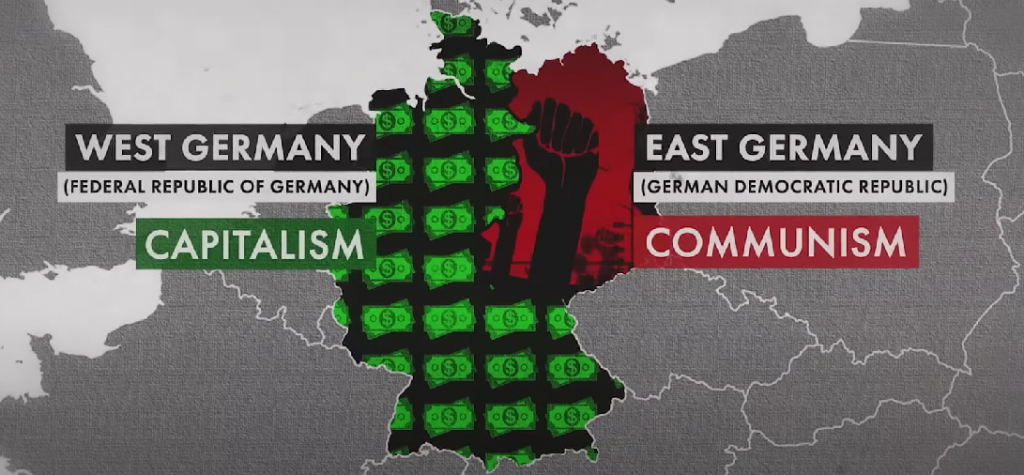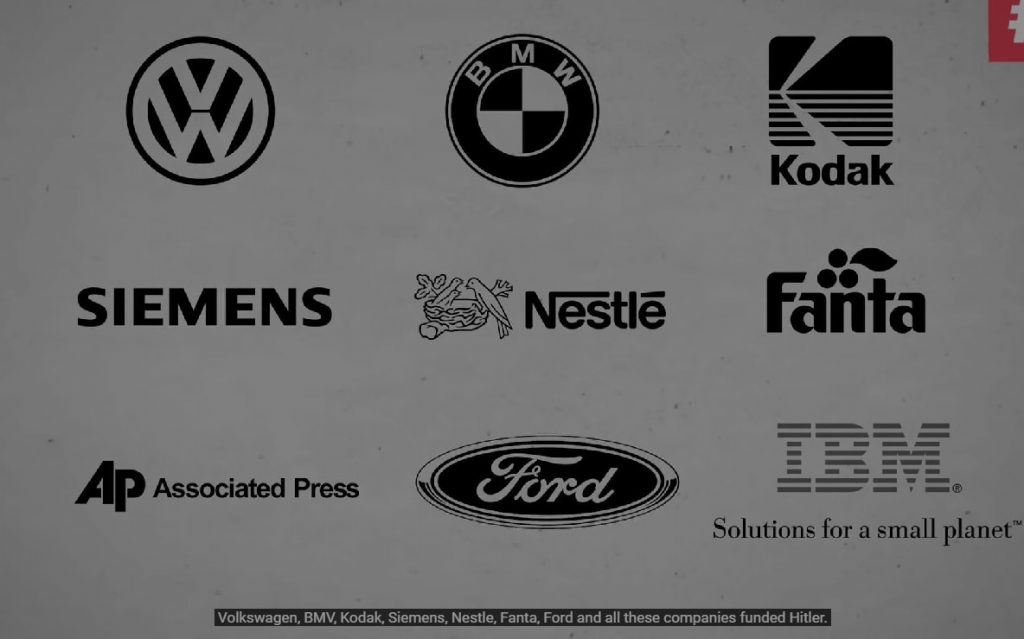
Power is the crux of politics, local, national, and international. In political science, power is the social production of an effect that determines actors’ capacities, actions, beliefs, or conduct. Power can be exercised through a variety of indirect methods, including the use of institutions or the threat or actual use of force(coercion) by one actor against another. Cambridge Dictionary defines power as “the amount of political control a person or group has in a country” or “the ability to control people and events”. Thus, it can also be interpreted as, the ability to make a state or person act or think in a way that is contrary to how they would have acted or thought otherwise and shape the course of events.

Power can take many different forms; it might be riches, intelligence, or physical strength. A person’s or group’s ability to exert influence on others is frequently determined by their capacity for power. In communities, authority is not dispersed equally but rather is centralized in the hands of certain people, groups, or governments. The exercise of power can have both favourable and unfavourable effects from this concentration. Meanwhile, the process by which power is obtained, held, and used is called politics. To accomplish their goals, individuals and groups must cooperate, compete, and negotiate. Power struggles and self-interest drive political processes, whether they occur in organizations or in society. Gaining an understanding of these dynamics is essential for understanding the allocation of resources and decision-making processes.
While taking power into account, the social psychologists John R.P French and Bertram Raven’s classical study(1959), developed a schema of sources of power by which it analyses the influence of power in state affairs. Further bases have since been adduced, in particular by Gareth Morgan in his 1986 book ”Images of Organization”. According to their bases of identification, power is of 5 sources: legitimate, reward, coercive, expert, and referent power.

Legitimate Power: Also called “positional power”, legitimate power is the power of an individual because of the relative position and duties of the holder of the position within an organization.
Referent Power: Referent power is the power or ability of individuals to attract others and build loyalty. It is based on the interpersonal skills of the powerholder A person may be admired because of a specific personal trait, and this admiration creates the opportunity for interpersonal influence.
Expert Power: Expert power is an individual’s power deriving from the skills or expertise of the person and the organization’s needs for those Skills and expertise. Unlike the others, this type of power is usually highly specific and limited to the particular area in which the expert is trained and qualified.
Reward Power: Reward power depends on the ability of the power wielder to confer valued material rewards; it refers to the degree to which the individual can give others a reward of some kind, such as benefits, time off, desired gifts, promotions, or increases in pay or responsibility.
Coercive Power: Coercive power tends to be the most obvious but least effective form of power, as it builds resentment and resistance from the people who experience it. Threats and punishment are common tools of coercion.
Individual personalities and their ideas on power :
Schwarzenberger defines power as the capacity to impose one’s will on others by reliance on effective sanctions in case of noncompliance.
To Dahl, power is the ability to shift the probability of outcomes.
According to Max Weber, one of the substantial types of power is political power which majorly deals with the balance of power and politics to respect each other.
Politics and Power are based upon the relationships to the legal structure, part affiliation, and extensive bureaucracy, Political power is institutionalized in the form of large-scale government bureaucracies. One of the persistent ideas has been that they are controlled by elites, i.e., small, select, and privileged groups. They are two inseparable concepts that are prevalent in every aspect of human society. Power and politics are used synonymously because of their objective of influencing the behaviour of others. However, there is a difference between these two. Power does not have any legal sanctity while politics has such sanctity. Politics is legitimate while power is personal and does not have any legitimacy. But still, power is a crucial factor in influencing the behaviour in politics.
The acquisition and exercise of power are critical elements of politics. Power is not inherently good or bad, but can be used for either constructive or destructive purposes. Many leaders of the world have used constructive politics for economic growth, social justice, and environmental sustainability as a beneficial outcome for individuals, society, or as a whole. Talking about politics in today’s world, one of the notable political powers exercised in the history of mankind is the politics behind the Berlin wall by the Nazis.
- Berlin Wall
During the Berlin Crisis of (1958-61), the German Democratic Republic built a wall in Berlin to prevent escaping Soviet-controlled East Berlin to West Berlin. The Berlin Wall would prevent the West from having further influence on the East, stop the flow of migrants out of the communist sector, and ultimately become the most iconic image of the Cold War in Europe. The United States quickly condemned the wall, which divided families and limited freedom of movement.

- The other classical example of power in politics is the involvement of the US in the Vietnam War in 1965. Their primary goal was to prevent the spreading of communism.
Moreover, organizational politics is also one of the major fields where the proper execution of power and politics rewards you with the highest point of progress.
Organizational Politics
It is one of the sub-topics related to politics and power. Organisational politics refers to the activities carried out by people to acquire, enhance, and use power and other resources to obtain their preferred outcomes in a situation where there is uncertainty or disagreement. One great organisational scholar, Tushman defined politics, “as the structure and process of the use of authority and power to affect the definition of goals, directions and the other major parameters of the organisation.” Decisions are not made in rational or formal way but rather through compromise accommodation and bargaining.
One of the best examples how organizational politics could be effective can be related to the companies who funded Adolf Hitler during the period of World War II. Those companies who funded Hitler thrived. For example, Ferdinand Porsche convinced Hitler to put the Volkswagen Beetle into production. As a result, the company grew vigorously under his son, Ferry Porsche.

Importance of Power in Politics
A comprehensive grasp of international relations and world politics requires an appreciation of the significance of power in politics. In addition to having an immediate impact on individuals, the exercise of power internationally has the potential to change the global power structure and the balance of power. In essence, political power is determined by how states deal with one another. Unpredictable outcomes could arise from the careless use of power in all of its manifestations, creating an unstable political climate. Because of this, maintaining a balance of power in international affairs is crucial. One state’s excessive strength and unparalleled influence may pose a threat to other governments’ sovereignty.
The political community has become increasingly integrated as a result of globalization. Because of the strong interdependence of economies and the rapid increase in weapons of mass destruction, a negative event in one country’s economy has the potential to have far-reaching effects on the global economy. This was illustrated during the worldwide recession of 2008 due to the United States’ economic collapse.
Conclusion
In summary, politics and power are two fundamental and closely related facets of human society. Politics is the tool by which it is obtained and used, and its effects might be beneficial or detrimental. Depending on the makeup of the political system and how power is distributed within it, the acquisition and use of power can have a profound impact on people as well as society. Thus, it is crucial to support constructive policies that put the common good first and defend democracy and human rights.
References
- Wikipedia : Power(social and political)
- Studysmarter.co.uk : Explanation power and politics
- Jstor.org : Power and politics
- US Department of state (gov) research
- Researchgate.net
By: Sambhav Gyawali (Science, H1)

